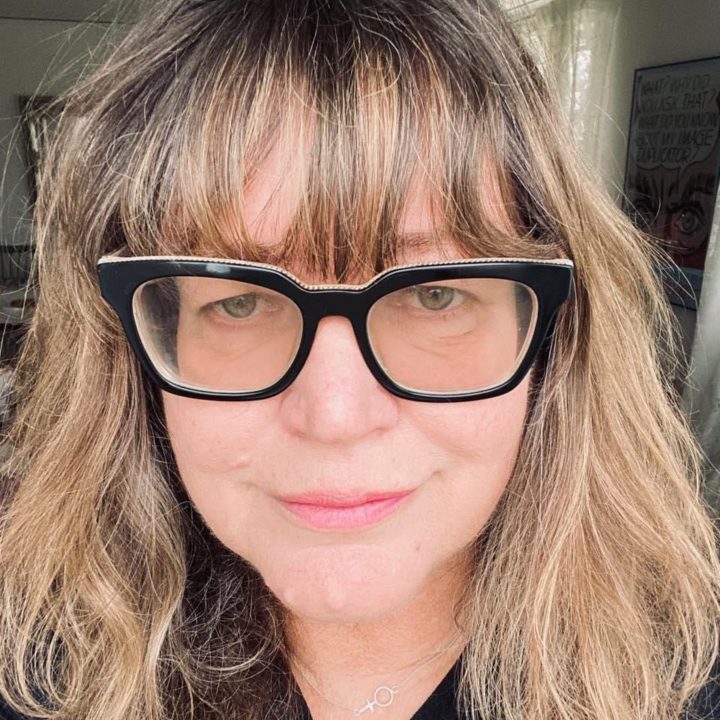Games are Trouble (but that’s not the end of the story)
Lissa Holloway-Attaway
Saturday 28th May, 10:30
Games are trouble, worlds of trouble. They problematize, legitimate, disrupt, and enchant through their storytelling powers, their playful engagements, and their imaginative capacity to take us in and out of realities. But they are also in trouble, and at an important apex, both in terms of their position within the academy and in industry, but also as they exist in a (media) world of increasing complexity and threat: (post?) global pandemic, in the grips of climate change impact, war, and social and cultural re-visioning of identities (#metoo, Black Lives Matter, decolonial activism, and shifts in power/gender relations, to name a few). How is it possible for games to respond, reply, and intervene in such sites of troubling dynamic change? How can they rewrite a potentially dark end of the story? Drawing on ‘troubled’ game histories and using new materialist and decolonial perspectives, I will try to illustrate the ways that games can move us in and out of complexity, but also position us as designers, educators, researchers, and players to speculate about and create an important future of change to create a more joy-full, game-filled world.

Lissa Holloway-Attaway is an Associate Professor in Media Arts, Aesthetics and Narration at the Division of Game Development and the Leader for the Games, Arts, Media, Experience (GAME) Research Group at the University of Skövde. She is also a member of the Sweden Game Arena, a consortium between the university, the games industry, the Skövde Science Park, and local and regional authorities focused on games research and development. She teaches within the games development education at both the undergraduate and graduate levels and supervises PhD work in Informatics. Her current research interests include: digital cultural heritage games, experimental storytelling for AR/VR experiences, inclusive game development, and digital and environmental humanities.
